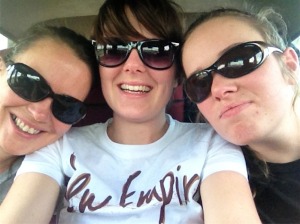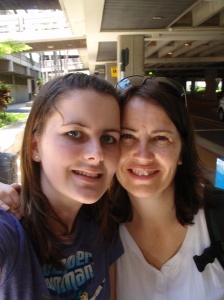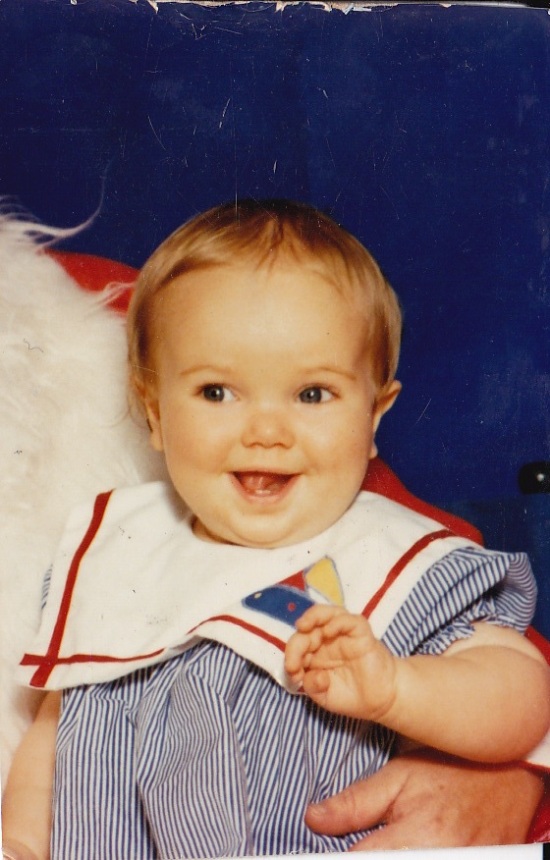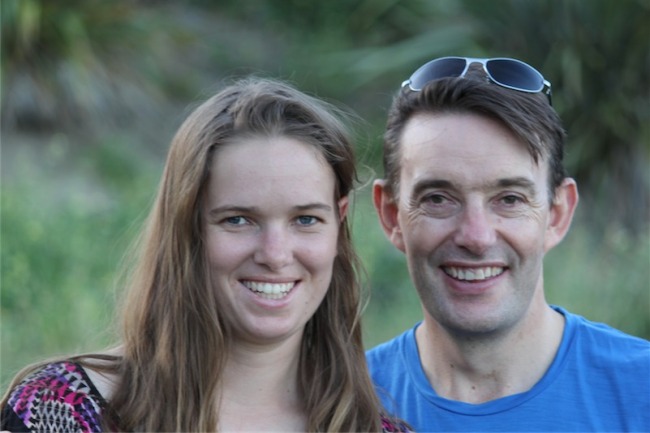This week I saw online a video about a well known musician who visited Western Africa and was shocked when he saw young boys sleeping outside in a canoe like boat. He was so shocked his first reaction was to put them up in a hotel that night. The video at the end stated ‘these boys are safe for tonight, millions aren’t.’
The comments that came in after this was posted included words like ‘amazing, wonderful, we should be like him’. However, since I’m working on the ground in such areas I had a totally different reaction and got berated for it, so thought I would write about what actually works and why short term solutions are not the best.
What people don’t understand is that when a famous person appears in a developing country as a spokesperson or ambassador for a large organization, they are getting paid for it. The average person receives between $20 – 50,000 dollars for an appearance fee. That’s on top of their first class ticket, staying in a five star hotel etc. Very few self fund their appearances. They don’t just ‘happen’ to be in Liberia or Sudan in between a gig.
Unless it’s an emergency situation, like a famine, short term is not an answer. Famine or war situations don’t happen overnight. The famine happening in South Sudan for example, has been warned about for years.
Large NGO’s spend A LOT (some up to 90%) of their income on administration, private planes and paying their top managers more than a CEO in Aussie gets. ‘Project Costs’ can easily be hidden, but these include getaway weekends for staff, safaris (team building), conflict resolution meetings (staying at a spa can resolve a lot you know!). Meanwhile on the ground the team are working with limited resources in dangerous places and often don’t have what they need in crisis situations.
I’m not saying these things to point at certain groups but when you’ve been doing it as long as me, you see things as they really are, not how they are portrayed in the media.
So what actually does work?
Long term solutions for people to help themselves out of poverty. You have to look at it holistically. For these boys sleeping outside, putting them up somewhere for a night or two actually puts them in a worse predicament. If the famous musician wanted to do something, he would find an organization he has a trusted relationship with. They in turn would be able to come up with an action plan that would include reconciliation within their home community and find one family member that would be able to take them in. The family would need ongoing support from a community worker to make sure donations are spent where they should be (food, clothing, housing, education, medical) and not at the local bar up the road. That child will need financial support until they are at least 18 years of age. Then they need support in starting a business and going on to tertiary education.
Let’s rethink child sponsorship.
I’ve been to events where there’s a hard push after a pull in the heartstrings video presentation for the thousands in the crowd. Then the presenter talks about how bad the situation is, then they get people to put up their hands if they will sponsor a child for X amount of dollars. You’re instantly given a photo to put on the fridge and ‘wallah’ you have a new child in your family.
We need to become intelligent givers and start asking the hard questions. How much of that money gets through to the project? What child protection policies does the organization implement? Where are the annual reports? What happens when that child finishes secondary school, what is the plan?
Now I’m not discouraging child sponsorship, I do it myself.
What I want people to realize is:
- It’s not your child – they belong to someone else. You are simply assisting a community.
- The money doesn’t go to them – it gets pooled together to cover project costs.
- There is no point in sponsoring for a year or two, it’s a commitment that shouldn’t be taken lightly.
- Don’t send them gifts. Most of the time it won’t get there, and the money you spend on postage and the gift, could be used in a more impacting way within country.
- The word ‘sponsor’ in the developing world actually has negative connotations connected to it. It’s like saying someone has a sugar daddy. The money isn’t free, there are strings attached.
If we want to get more kids sponsored we need to be telling the success stories not just the sob stories.
My last rant is about the huge waste I see in transporting goods from your home country to a developing country. Often you can buy or get made the chairs, desks, pencils, sport gear, underwear, babies clothes, any clothes and furniture in the needy country. It costs on average $10,000 to get a container shipped over with goodies. Then, you spend up to another $5,000 to get it off the wharf with bribery money. Often when organisations sort through what is in that container, they throw half of it away (especially clothes) as they are unusable. People think giving their junk is an honourable thing. Trust me – you can keep it.
We should be encouraging manufacturing in developing countries, buying from within where possible. While we see the nice smiling faces of a kid in Africa or Asia opening a shoe box at Christmas time, it doesn’t have lasting impact. The money spent on the effort could start small businesses who employ parents and give them business training – who could then feed their families, pay school fees, buy clothes from the market more than once a year and make sure their kids have a future. Yes, they would even buy their kids a toy.
So, did the famous musician waste his time? I hope he got to see some organisations working on the ground being a part of the solution and not cause more problems. I hope he invests into these organisations long term and gets more involved.
I hope the adults in the video don’t beat those boys up or worse because some white foreigner with a camera crew came into their ‘home’ and therefore thought the boys were getting paid for being on camera.
My hope is that we become more intelligent givers who aren’t afraid to ask the hard questions.
Organisations in developing country need partnerships that cause them to become self sustainable, they need long term solutions through development and not aid.
Go ahead and sponsor a child, it does change their lives. But also send them a letter a few times a year. Build a friendship with them, not a reliance on you as a Westerner and therefore their funder. Most of all, sacrifice your income and go and visit them at least once in your life. You will find your life will be changed forever.
You are not a donor – you are a partner. Build good partnerships.























